
October 25:The Future of AI in Science and Medicine
.tmb-cfthumb_fb.png?Culture=en&sfvrsn=23d1a637_1)
Join us on October 25 from 9 a.m. to 12:30 p.m. EDT for our annual Gairdner Science Week Symposium. Inspired by the work of 2023 Canada Gairdner International Award laureates Drs. Demis Hassabis and John Jumper, this symposium will bring together top authorities in Artificial Intelligence (AI) to discuss the impact it has had and will continue to have on science and health equity, and possible issues it poses.
Can't join in person? Join the livestream here: https://vimeo.com/event/3638497
Schedule
9:00 AM - Opening Remarks from Janet Rossant, Gairdner President and Scientific Director
9:10 AM - "From AlphaFold to computational drug design: Open experimental data to enable AI in drug discovery"
The success of AlphaFold was enabled by the vast amount of 3D protein structure data publicly available in the protein data bank (PDB). A logical and impactful next step would be the computational prediction of protein-small molecule binding to enable drug discovery. However, there is a paucity of available data for the latter, which hinders development of AI algorithms for drug discovery. The SGC has contributed thousands of 3D protein structures to the PDB, and now is turning to creation of public domain, curated data repositories of protein-small molecule interaction data that will enable AI-guided computational drug discovery. I will present an overview of our progress toward this goal, along with discussion of the challenges involved.
Speaker: Dr. Cheryl Arrowsmith, Chief Scientist, SGC; Senior Scientist, Princess Margaret Cancer Centre, UHN; Professor, Dept of Medical Biophysics, University of Toronto
9:40 AM - "Building a foundation model for single-cell omics using generative AI"
In this talk, we'll explore the pioneering application of generative pre-trained models, specifically scGPT, to advance cellular biology and genetics research. Leveraging single-cell sequencing data, we've constructed scGPT, a foundation model designed to distill biological insights from a repository of over 33 million cells. This approach parallels words forming text to genes defining cells, bridging the gap between technology and biology. The optimized application of scGPT through transfer learning enhances performance across diverse downstream applications, including cell-type annotation, multi-batch integration, and gene network inference. This talk aims to illuminate the transformative potential of such models in cellular biology.
Speaker: Dr. Bo Wang, Assistant Professor, University of Toronto; CIFAR AI Chair, Vector Institute; Lead AI Scientist, Peter Munk Cardiac Center, University Health Network
10:10 AM - "Reinforcement Learning for Therapeutic"
Discovering new medicines and adapting treatments to patients are crucial problems in healthcare. In this talk, I will discuss the way in which reinforcement learning can help tackle them, through the lens of two case studies. In the first case study, reinforcement learning is used to adapt treatment dosing, by taking into account the delayed and prolonged effects of medications. The second case study focuses on the problem of large-scale search through the space of molecules, in order to discover drugs with particular binding affinities. These case studies demonstrate the tremendous potential of reinforcement learning methods, and highlight new algorithms that arise due to these challenging problems, as well as practical issues that need to be addressed, such as reward design.
Speaker: Dr. Doina Precup, Canada-CIFAR AI Chair, McGill University & Mila Research Director, Google DeepMind
10:40 AM - "Entering the Platinum Age of Virus Discovery"
SARS-CoV-2 killed millions and faltered global development; a pandemic emerging from seemingly nowhere. This underscores how blind we are to the viral-universe: in 130 years of research only 15,000 (~0.1%) of Earth’s RNA viruses were uncovered. To illuminate Earth’s virome we developed a cloud-computing architecture, Serratus, to re-analyzing all of Earth’s public sequencing data (5.7M samples/20.4 petabytes). In 11 days, we discovered 130,000+ new species of RNA viruses. Now combining Serratus with AlphaFold2 we’ve gained an orthogonal, hyper-exponential capacity to identify viruses through ultra-massive/ultra-remote structural homology detection. This revolutionary sensitivity is illuminating virology in an entirely new light, and highlights how machine learning is catalyzing discovery.
Speaker: Dr. Artem Babaian, Assistant Professor, Molecular Genetics / Donnelly Centre University of Toronto
10:50 AM - Break
11:05 AM - Chair: Leah Cowen, Vice-President, Research and Innovation, and Strategic Initiatives, University of Toronto
11:10 AM - "AI and Global Health Equity"
Artificial Intelligence (AI) has the potential to reduce global health inequity. From disease prevention to diagnosis, there are many applications of AI that can benefit communities with long-standing poor health indicators. However, achieving health equity requires identifying and eliminating the barriers, circumstances and conditions that prevent communities from achieving good health. These barriers include historical and present-day policies, structures, and systems both within countries and globally. This presentation will focus on two aspects of my work. First is the need to increase representation of communities underrepresented in the development of AI models for public health applications. This requires investing in research capacity, infrastructure, and data. Equitable representation also requires the sharing and relinquishing of power in decision-making. Communities with poor health indicators must have access to tools and resources needed to design solutions that best address their health challenges. Second is the opportunity to use AI to continuously identify and eliminate policies that prevent progress towards health equity within specific contexts.
Speaker: Dr. Elaine Okanyene Nsoesie, Associate Professor, Boston University School of Public Health
11:40 AM - "Using AI to Accelerate Scientific Discovery"
Speakers: Dr. Demis Hassabis, Founder & CEO, Google DeepMind; AlphaFold Project Lead; 2023 Canada Gairdner International Award laureate and Dr. John Jumper, AlphaFold Lead and Senior Staff Research Scientist, Google DeepMind
The past decade has seen incredible advances in artificial intelligence. Google DeepMind has been in the vanguard of many of these big breakthroughs, pioneering the development of self-learning systems like AlphaGo, the first program to beat the world champion at the complex game of Go. Games have proven to be a great training ground for developing and testing AI algorithms, but the aim at Google DeepMind has always been to build general learning systems ultimately capable of solving important problems in the real world. We're on the cusp of an exciting new era in science, with AI poised to be a powerful tool for accelerating scientific discovery itself. We recently demonstrated this potential with our AlphaFold system, a solution to the 50-year grand challenge of protein structure prediction, culminating in the release of the most accurate and complete picture of the human proteome and release of the predicted structures of over 200 million proteins — nearly all catalogued proteins known to science.
12:30 PM - Closing remarks

.tmb-cfthumb_fb.png?Culture=en&sfvrsn=f6a77c5c_1)
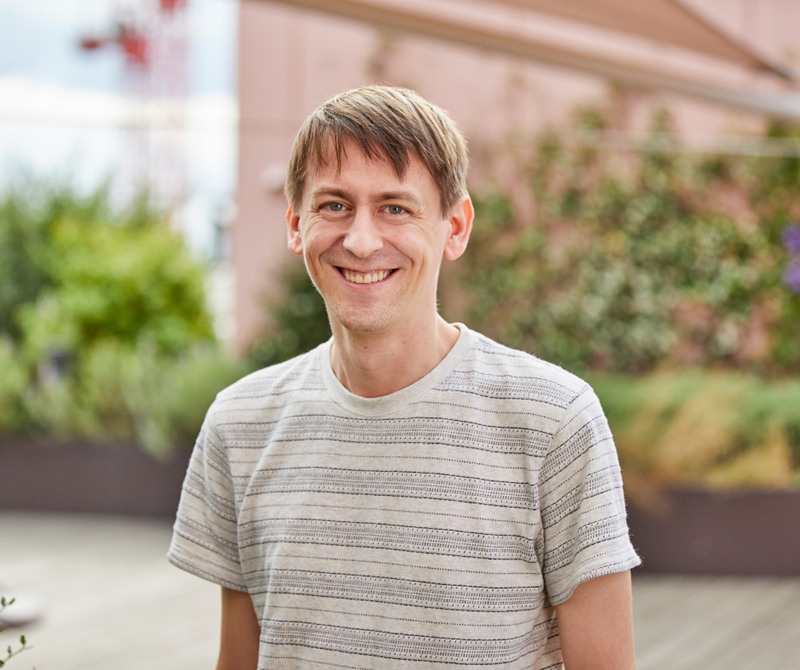

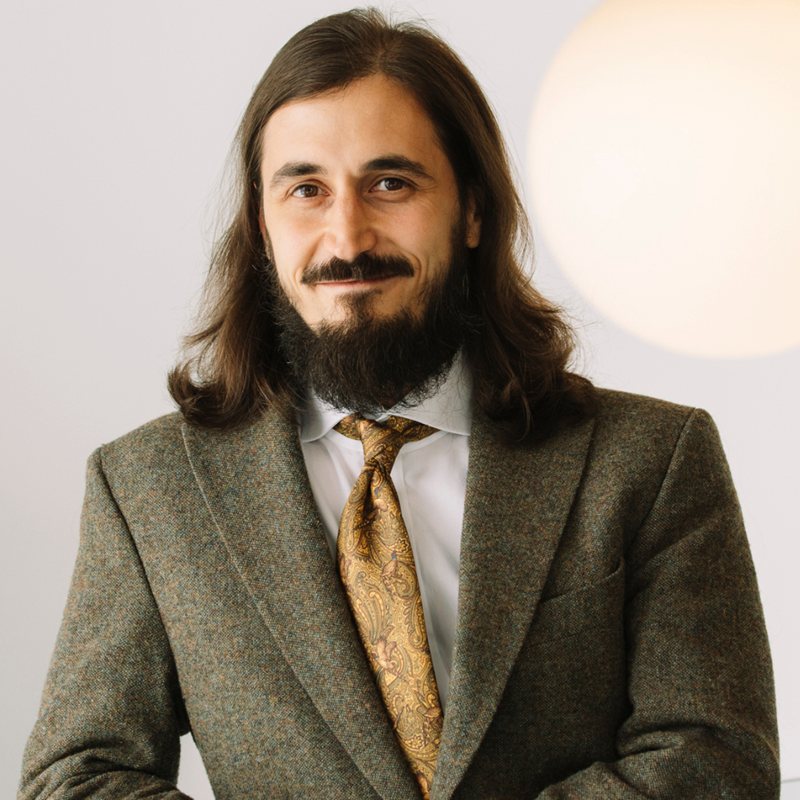
.tmb-cfthumb_fb.png?Culture=en&sfvrsn=58ab7599_1)
c3b3cec3-0d73-4f5f-befc-5e4c12c93edb.tmb-cfthumb_fb.png?Culture=en&sfvrsn=805db185_1)



.tmb-cfthumb_fb.jpg?Culture=en&sfvrsn=f0df38d_1)



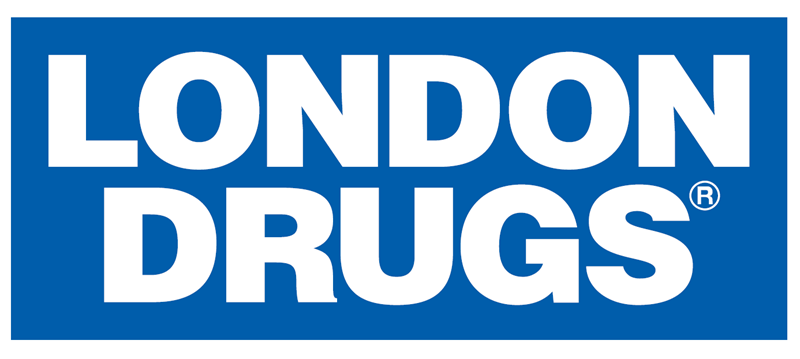
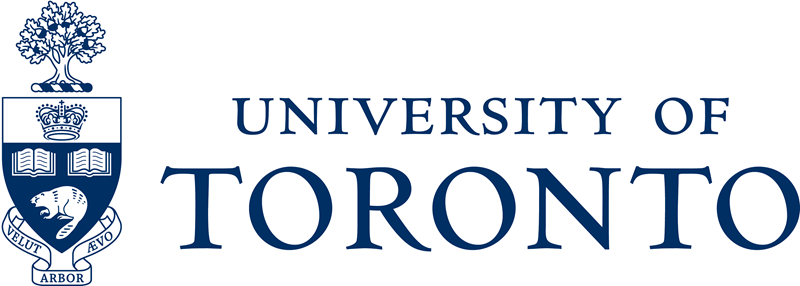
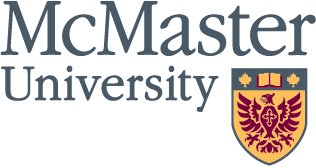

.tmb-cfthumb_fb.jpg?Culture=en&sfvrsn=9c46e60a_1)
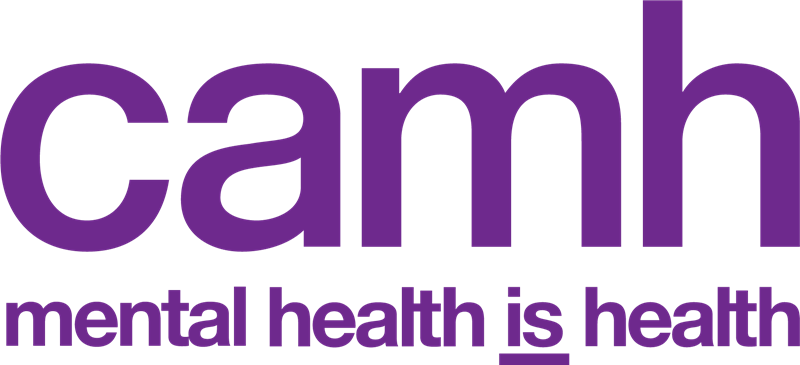

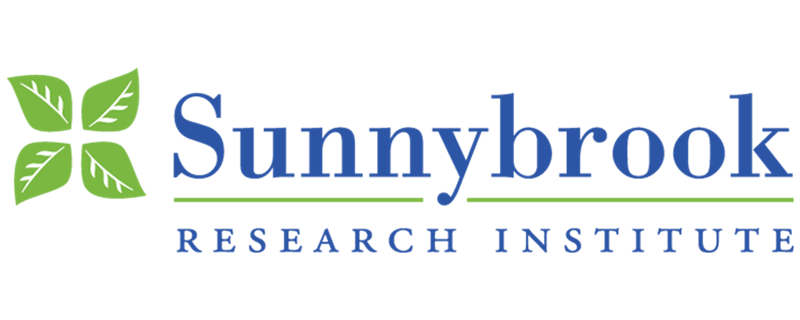
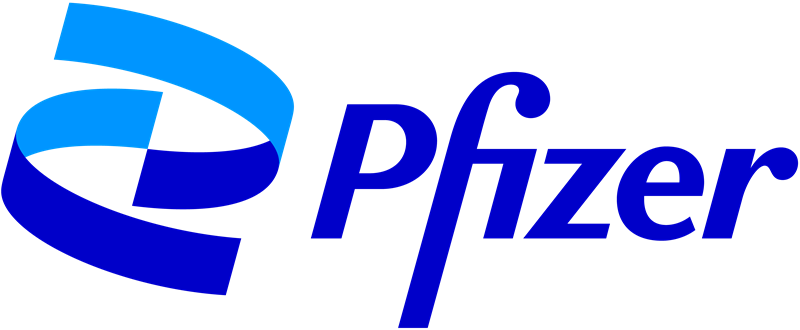
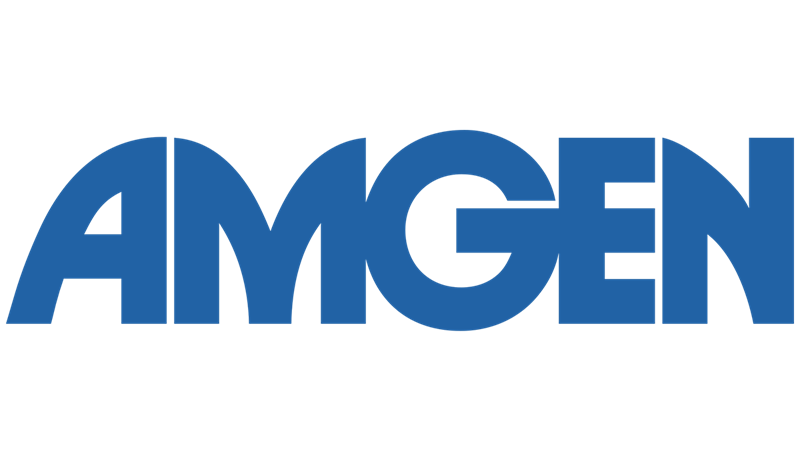
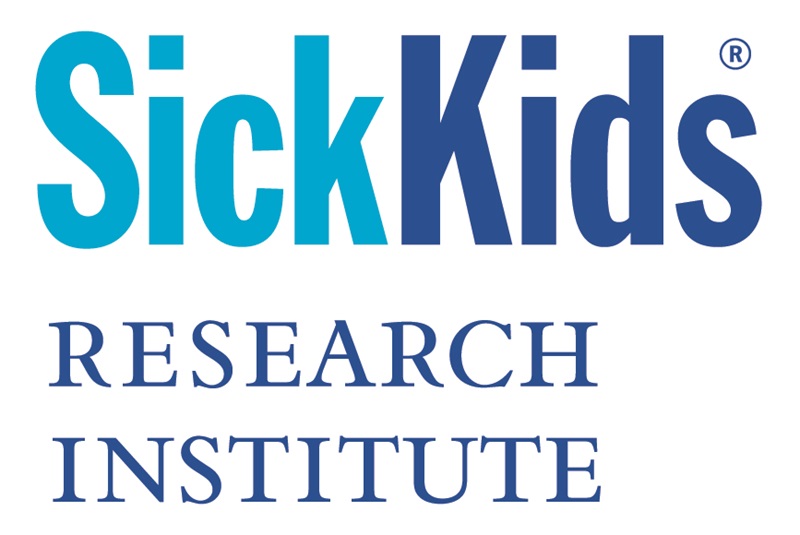
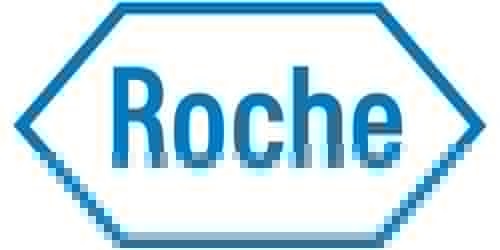
.tmb-cfthumb_fb.png?Culture=en&sfvrsn=277c108b_1)

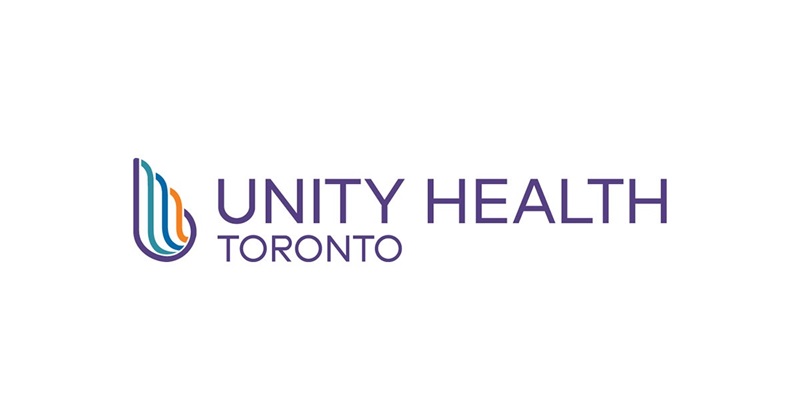


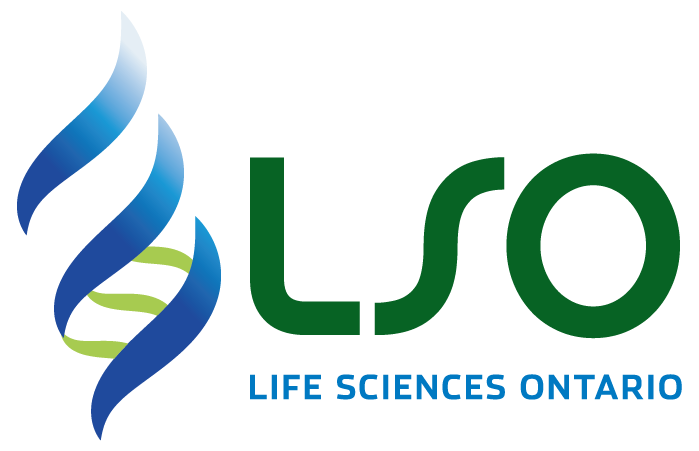
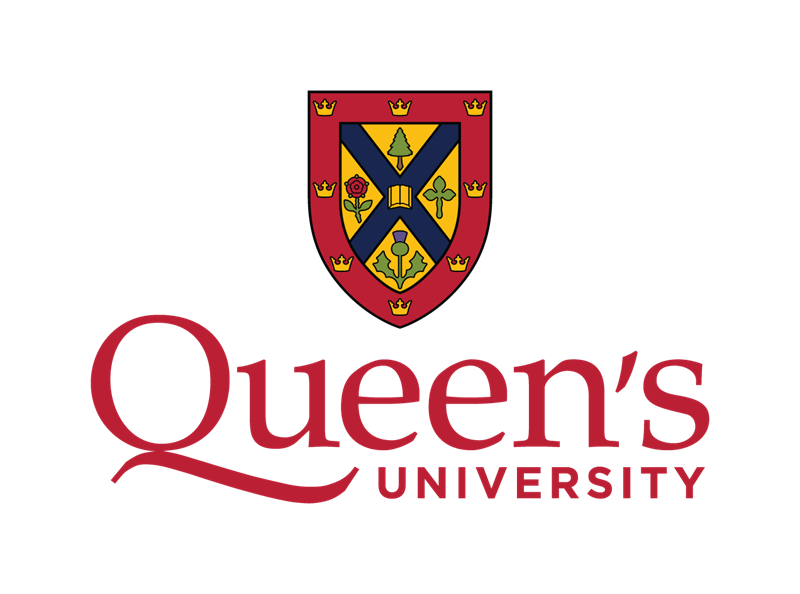
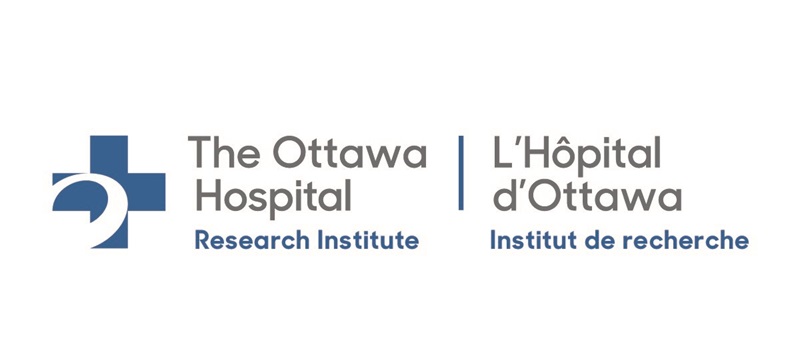

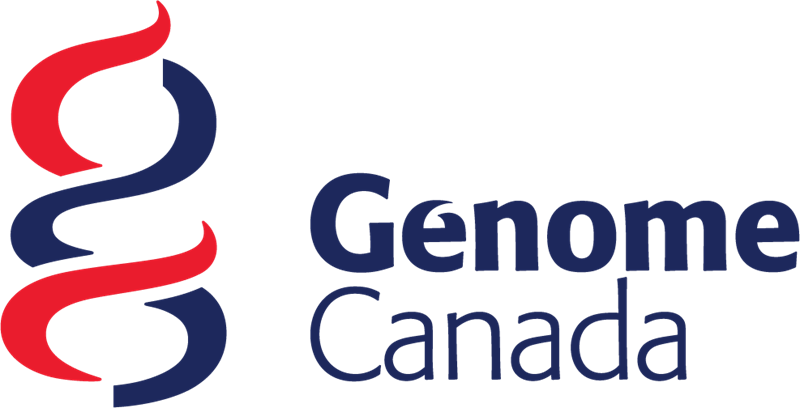
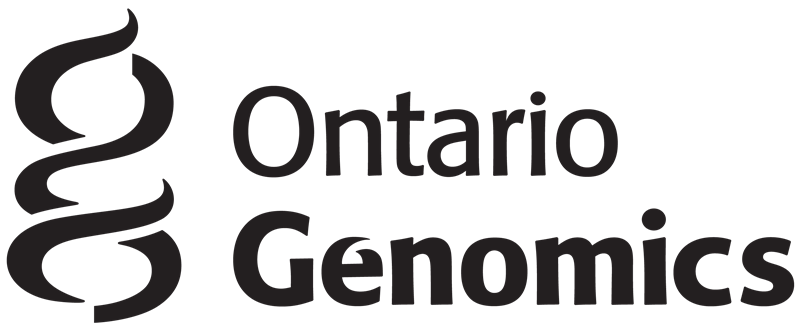
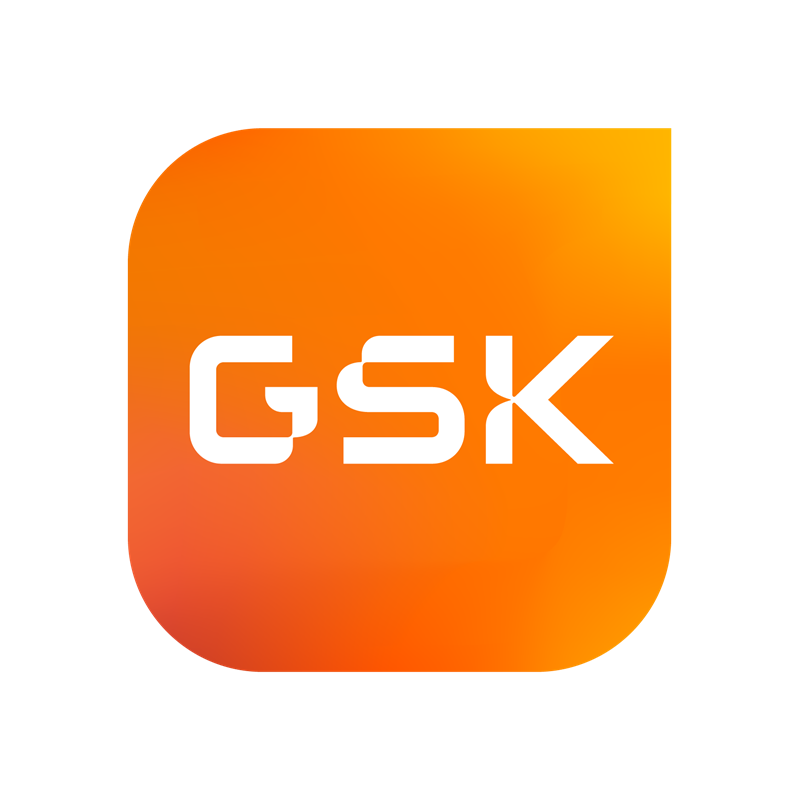



.tmb-cfthumb_fb.jpg?Culture=en&sfvrsn=2e8ce5e4_1)

-(1080-702-px).tmb-cfthumb_fb.png?Culture=en&sfvrsn=ad090c16_1)
.tmb-cfthumb_fb.png?Culture=en&sfvrsn=5c784123_1)
.tmb-cfthumb_fb.png?Culture=en&sfvrsn=404557dd_1)
-(2).tmb-cfthumb_fb.png?Culture=en&sfvrsn=e37edbb0_1)
.tmb-cfthumb_fb.png?Culture=en&sfvrsn=91b6e205_1)
0ea80c52-4b58-4a10-8ce0-4d7254c58d08.tmb-cfthumb_fb.png?Culture=en&sfvrsn=581572e_1)